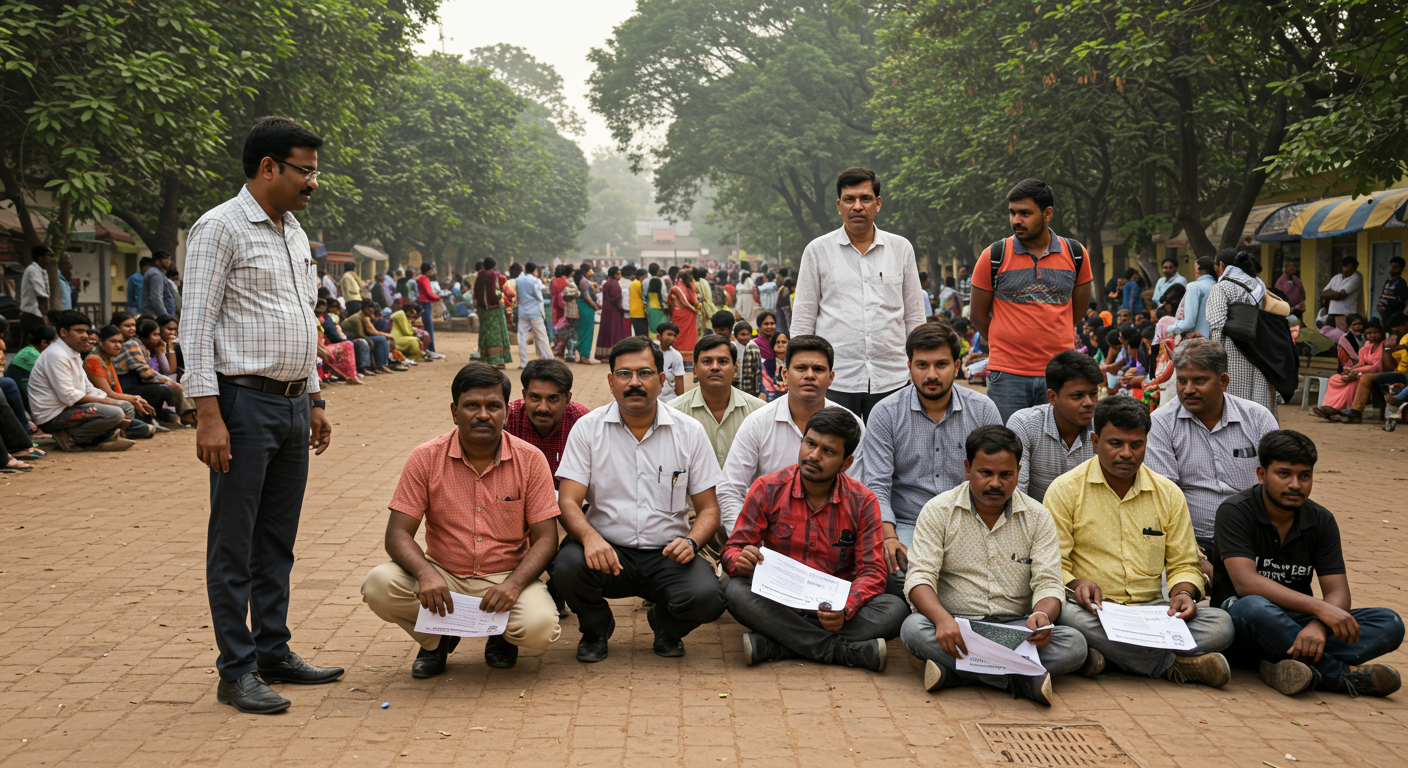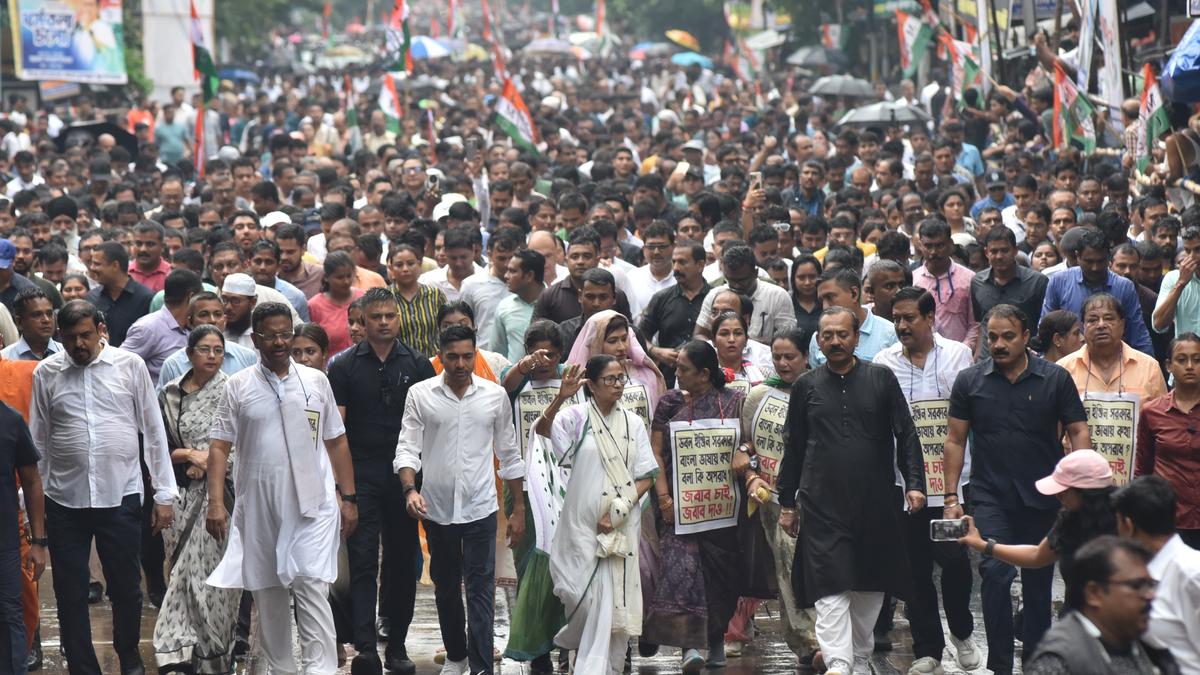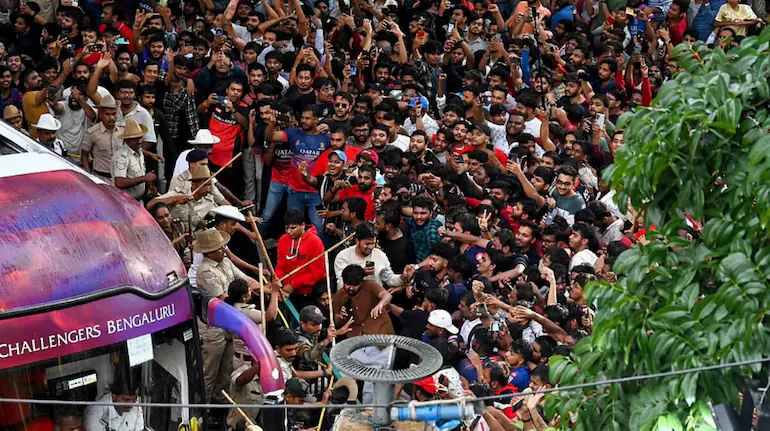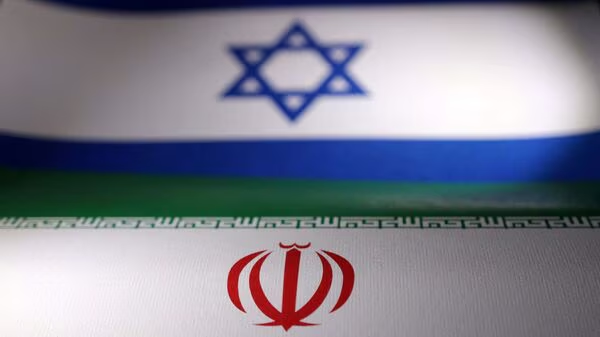Welcome, fellow citizens, to a deep dive into the fascinating world behind our elections. Have you ever wondered what goes into creating those massive lists of eligible voters? It’s far more complex and dynamic than you might imagine, and at its heart lies a relentless pursuit of accuracy and fairness.
In any vibrant democracy, the foundation of a free and fair election rests squarely on a reliable and up-to-date voter list, also known as the electoral roll. An accurate list ensures every eligible citizen gets one vote, and only one vote, preventing fraud and upholding the integrity of the democratic process. Without it, the very essence of fair representation is compromised.
The Great Clean-Up: Bihar’s Bold Move Towards Accuracy
Let’s turn our attention to a remarkable example from the state of Bihar. Not too long ago, the Election Commission of India (ECI) undertook an extraordinary exercise there, resulting in a massive clean-up of the electoral rolls. This wasn’t just a minor tweak; it was a comprehensive overhaul that saw a staggering 51 lakh (that’s 5.1 million!) names removed from the state’s voter list. To put that into perspective, it was roughly 10% of the total voters in Bihar at the time – a truly significant proportion, highlighting the ECI’s dedication to electoral purity.
You might be thinking, “Why so many? What could possibly cause such a large discrepancy?” The reasons behind this monumental pruning are actually quite common in the ongoing efforts to maintain electoral integrity, but the sheer scale in Bihar was particularly noteworthy, setting a precedent for rigorous cleanup operations.
Unpacking the Reasons: Why Names Get Trimmed
The Election Commission doesn’t randomly delete names. Every removal is part of a meticulous process driven by specific, legitimate reasons aimed at ensuring the purity of the electoral roll. Let’s break down the primary culprits behind these deletions:
One major reason is duplicate entries. It’s common for individuals to appear on the voter list multiple times. This can happen if someone moves and registers at a new address without ensuring their old entry is removed, leading to two entries for the same person. Sometimes, minor spelling variations or data entry mistakes also lead to the same person being recorded as different individuals. Identifying and removing these duplicates is crucial because each extra entry represents a potential avenue for fraudulent voting, undermining the principle of “one person, one vote.”
Another critical task is removing the names of deceased voters. While it might seem obvious, keeping these names on the roll presents a serious vulnerability. Unscrupulous elements could potentially exploit these “ghost voters” by casting votes in their names. The ECI regularly collaborates with civil registration departments (like those handling birth and death certificates) to cross-reference data and identify individuals who have passed away, ensuring the list accurately reflects living voters.
Finally, shifted voters account for many deletions. Our lives are dynamic, and people frequently change their place of residence for work, family, or other reasons. When someone moves out of a particular electoral area, their name ideally needs to be removed from that area’s list and, if they register, added to their new area’s list. If their name isn’t removed from the old list, it leaves room for potential misuse or simply inflates the number of registered voters for a constituency, leading to inaccurate demographic data.
The Groundwork: How the EC Gets It Done
So, how does the Election Commission go about identifying millions of such entries? It’s not magic; it’s meticulous hard work on the ground. The backbone of this operation often lies with the unsung heroes known as Booth Level Officers (BLOs).
BLOs are local government officials, often teachers or other public servants, who are assigned to specific polling booths. Their job involves a significant amount of door-to-door surveying. They literally visit homes, verify residents, check details, and note down changes – new residents, those who have moved away, and unfortunately, those who have passed on. This grassroots effort, combined with sophisticated data analysis and cross-referencing with other government databases, forms the comprehensive approach the ECI uses to clean up and update the electoral rolls.
The Ripple Effect: Why This Clean-Up Matters for All of Us
The removal of 51 lakh names in Bihar, and similar exercises across the country, has profound implications for our democracy.
Firstly, it dramatically enhances electoral purity. A clean voter list is the first step towards a clean election. By removing erroneous entries, the ECI significantly reduces the scope for electoral malpractice like impersonation or multiple voting. This builds crucial public trust in the electoral system.
Secondly, it ensures accurate representation. When voter lists are accurate, they provide a more realistic picture of the actual eligible voting population in a constituency. This data is vital for political parties in their campaign planning and for administrative purposes, like allocating resources for elections and delimitation exercises.
Ultimately, these efforts lead to strengthening democracy. When citizens know that their vote counts and that the process is fair, their faith in the democratic institutions grows. It encourages greater participation and ensures that the mandate truly reflects the will of the people, fostering a healthier, more vibrant democracy.
Beyond Bihar: A Continuous National Endeavour
While the Bihar example highlights a particularly large-scale operation, it’s important to understand that cleaning and updating voter lists is an ongoing, year-round process for the Election Commission of India. It’s not a one-off event but a continuous commitment to maintaining the health of our electoral system. Across every state and union territory, BLOs and election officials are constantly working to ensure that the electoral rolls are as precise as possible, adapting to demographic changes and addressing new challenges.
Your Role in a Vibrant Democracy
This brings us to you, the informed citizen. While the Election Commission works tirelessly, ensuring an accurate voter list is also a shared responsibility. Here’s how you can play your part:
- Check Your Entry: Regularly check your name and details on the electoral roll. The ECI provides online portals and even mobile apps for this purpose.
- Report Changes: If you move, ensure you apply for a transfer of your voter registration to your new address and request deletion from the old one. If you notice a deceased family member’s name still on the list, inform the authorities promptly.
- Be Aware: Stay informed about the electoral processes and encourage others to do the same, fostering collective civic responsibility.
Conclusion: The Unseen Guardians of Our Vote
The story of the 51 lakh names trimmed from Bihar’s voter list is a powerful testament to the Election Commission’s unwavering commitment to upholding the sanctity of our electoral process. It’s a reminder that beneath the visible campaigns and polling day bustle, there’s a constant, diligent effort to ensure that the very foundation of our democracy – the voter list – is robust, clean, and truly reflective of the people.
So, the next time you hear about elections, remember the silent, painstaking work that goes into preparing that critical list of names. It’s this dedication to accuracy that truly empowers every single eligible voter and safeguards the integrity of our democratic journey. It’s a collective journey, and your awareness and participation make it stronger, ensuring every vote genuinely counts.









